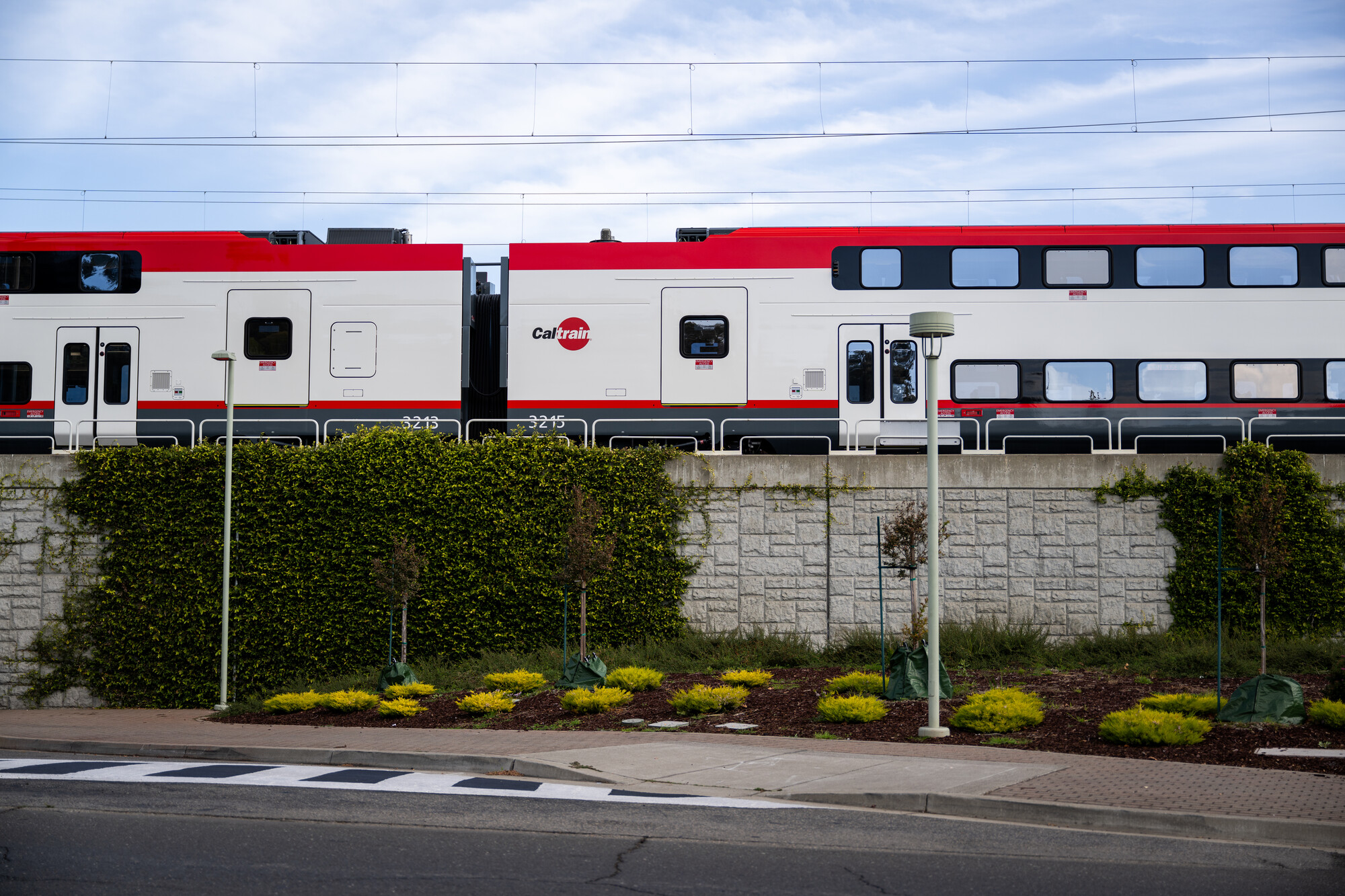
"When Caltrain rolled out its electrified fleet last year, the new, more eco-friendly trains also came with the ability to recapture energy as they slow down and return it to the grid. There is no legal requirement for the transit agency to be reimbursed for the energy generated by its trains; until now, Caltrain was providing that power back to the grid free of charge. "It's exciting and will bring down costs for Caltrain, compensate the system for the energy it's giving back to the grid," said San José Mayor Matt Mahan, who spoke to KQED after a press conference at the city's Diridon Station."
"Papan introduced the bill in February to fill what she called a "gap in the system." "Caltrain was sending clean, renewable energy back to the grid, but it wasn't getting credit for it," Papan said. "If this were a rooftop solar situation, we would certainly be getting the credit for what we sent back to grid." The bill did not pass this legislative session, but it will be considered next year."
"Meanwhile, Peninsula Clean Energy and San José Clean Energy voluntarily changed their policies to allow for a net billing tariff to compensate the transit agency for energy returned to the grid. "I'm delighted about it because it really does give Caltrain the credit that it deserves," Papan said. Mahan said that this model points to a more innovative future that extends to people's homes, "where we have a connected grid with electric vehicles and devices on the grid that can charge two ways.""
Caltrain's electrified fleet recaptures energy through regenerative braking and returns roughly 23% of its consumed power to the electrical grid. There is no legal mechanism requiring utilities to reimburse transit agencies for such returned energy, so Caltrain had been supplying that electricity free of charge. A legislative bill intended to allow crediting similar to rooftop solar did not pass this session and will be reconsidered next year. Two local utilities voluntarily adopted a net billing tariff to compensate Caltrain for energy returned to the grid. City leaders present the change as a step toward a two-way, connected grid including home and vehicle storage.
Read at Kqed
Unable to calculate read time
Collection
[
|
...
]